- Employee satisfaction, fostered through benefits, flexibility, and engagement, boosts productivity and business success.
- Comprehensive benefits like health insurance, retirement plans, and professional development programs increase employee morale.
- Technological advancements have enabled flexible work arrangements, enhancing work-life balance and productivity.
- Engaged employees experience greater job satisfaction, resilience, and connection to the organization, promoting workplace happiness.
Employee satisfaction is paramount for any thriving business. A satisfied employee is productive, innovative, and loyal. Statistically, organizations with delighted employees outperform those with low employee satisfaction by 202%. Another study by the Society for Human Resource Management (SHRM) found that 89% of employees who were satisfied with their work conditions were also happy with their jobs. These statistics underscore the importance of employee satisfaction for optimum business performance. Thus, fostering an environment that cultivates happiness is a moral obligation for businesses and a strategic move to spur growth and success.
However, you might not know what to do to satisfy your employees. Creating an environment of satisfaction involves a holistic approach and considering a few various factors like these:
Employee Benefits

Employee benefits, often seen as a value-add beyond the basic salary, offer a compelling way to attract, retain, and motivate top talent. Providing comprehensive benefits boosts employee morale, enhances engagement, and improves productivity. Moreover, it conveys a strong message that the organization values its employees, cultivating a sense of loyalty and commitment among the workforce.
Health Insurance
One of the most valued employee benefits is health insurance. Offering a good health insurance plan can help in attracting and retaining employees. It shows that you care about your employees’ health and well-being, reducing their financial stress related to medical expenses, hence boosting their job satisfaction and productivity. Consider getting group health insurance to get a cheap package. It might be the better option, especially when you plan on onboarding hundreds of employees.
Retirement Plans
Retirement plans like the 401(k) are another crucial employee benefit. These plans assist employees in their long-term financial goals, providing them with a sense of security for their future. Offering a competitive retirement plan can make your company stand out in the job market and can be a determining factor for prospective employees.
Paid Time Off
Paid time off (PTO) policies are a significant part of an employee benefits package. PTO allows employees to take time off and still receive their regular pay. It can include vacation days, personal leave, or time off for illnesses. A generous PTO policy can improve work-life balance, reduce burnout, and increase employee satisfaction and productivity.
Professional Development Programs
Investing in your employees’ career growth through professional development programs can be a highly effective benefit. These might include training courses, certifications, or tuition reimbursement for further education. These initiatives underscore your commitment to your employees’ growth and can lead to a more skilled, versatile, and motivated workforce.
Flexible Work Arrangements
Technological advancements have revolutionized how businesses operate, paving the way for flexible work arrangements. Today, employees are no longer confined to the traditional 9-to-5 work schedule in a physical office environment. Remote work technologies such as video conferencing tools, cloud-based project management software, and secure VPNs facilitate effective communication and collaboration, regardless of an employee’s location.
This new flexibility fosters a better work-life balance and can significantly boost employee morale and productivity. For instance, telecommuting eliminates long commute times, giving employees more control over their schedules. Furthermore, according to a study conducted by Stanford University, employees who work from home are 13% more productive than their in-office counterparts.
Moreover, flexible work arrangements can help businesses access a broader talent pool, as they are not limited to hiring candidates within commuting distance. Thus, it’s clear that leveraging technology to provide flexible work options is a win-win strategy for both employees and employers, contributing to greater satisfaction and business success.
Employee Engagement

Employee engagement is not just beneficial for organizations, but it also has a significant positive impact on employees themselves. Engaged employees find greater job satisfaction, enhancing well-being and overall happiness. They are more motivated and take pride in their work, which leads to personal growth and career advancement.
Engagement also encourages employees to take ownership and responsibility for their work, fostering a sense of autonomy and leading to higher job satisfaction. Additionally, engaged employees are more likely to feel connected and committed to their organization, fostering a sense of belonging and camaraderie that can significantly enhance their work experience.
Furthermore, engaged employees are typically more resilient and better equipped to handle workplace stress and challenges, which can contribute to their psychological health. Promoting employee engagement drives organizational success and contributes to happier, healthier, and more fulfilled employees.
Final Thoughts
Ultimately, creating an environment that offers job satisfaction to your employees is a moral obligation and strategic decision. By providing rich benefits, flexible work arrangements, and effective engagement strategies, you can ensure your employees are happy at work and foster tremendous business success. Investing in employee satisfaction will take time, but it will be worthwhile.












